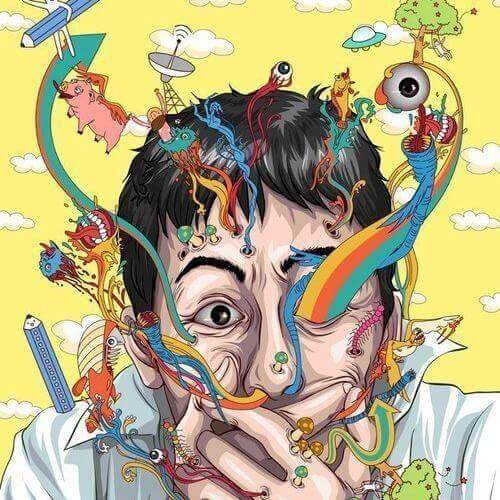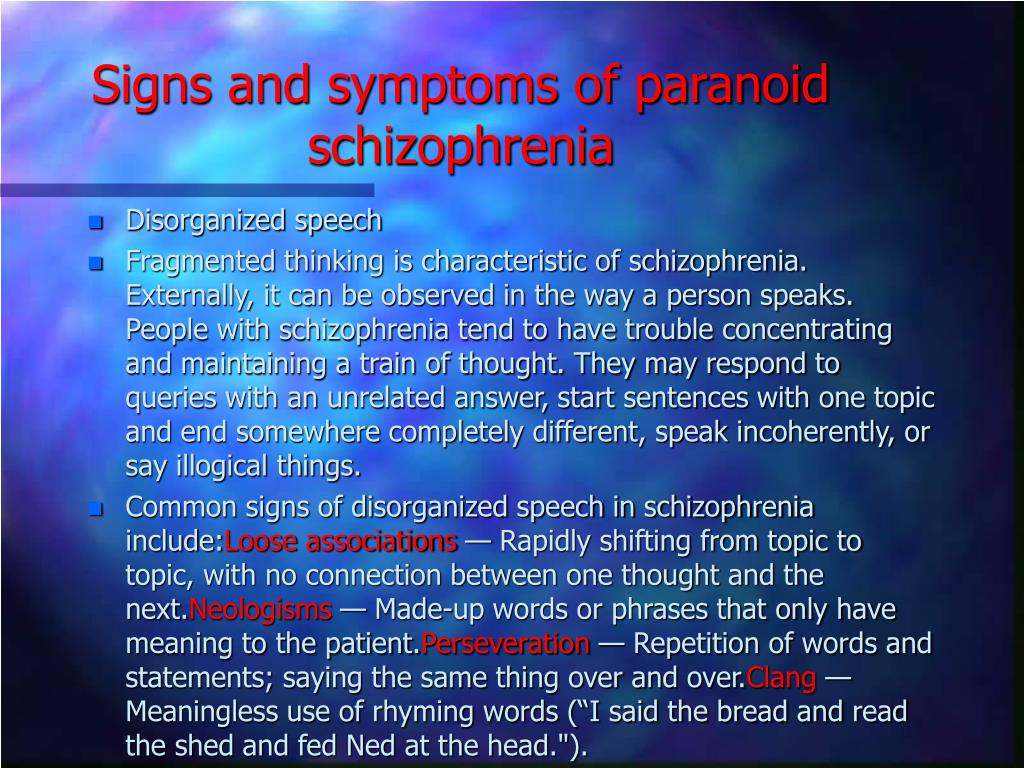
When considering symptom severity, Hassoun notes that psychiatrists usually take note of how it impacts the person’s ability to function every day. “Distrust can be present among any of us, based on certain experiences we’ve had in the past that left us generally untrusting of others,” says Hassoun.įor example, it may be natural for someone who’s been repeatedly lied to, cheated on, or scammed to have a difficult time trusting others. Symptoms of paranoia as a result of a mental health condition are not to be confused with paranoia related to distrust. It’s also important to know what paranoia isn’t.
#Paranoid psychosis professional#
Only a health professional may be able to provide an accurate diagnosis.


bipolar disorder with psychotic features.

Paranoia is a symptom of many mental health conditions, including but not limited to: Paranoid delusions refer to false beliefs about being persecuted or in danger. “Paranoia is characterized by the intense feeling and belief that one is being threatened, targeted, and conspired against by others,” explains South Oaks Hospital medical director Youssef Hassoun, MD.ĭelusions are false beliefs that someone holds onto despite evidence to the contrary.
#Paranoid psychosis how to#
Learning about paranoia and how to talk to someone with paranoid delusions may be a good first step. When someone you love experiences paranoia from a mental health condition, you might feel the urge to step in to help but might not know how. It can be difficult to watch a loved one experience symptoms of paranoia.


 0 kommentar(er)
0 kommentar(er)
